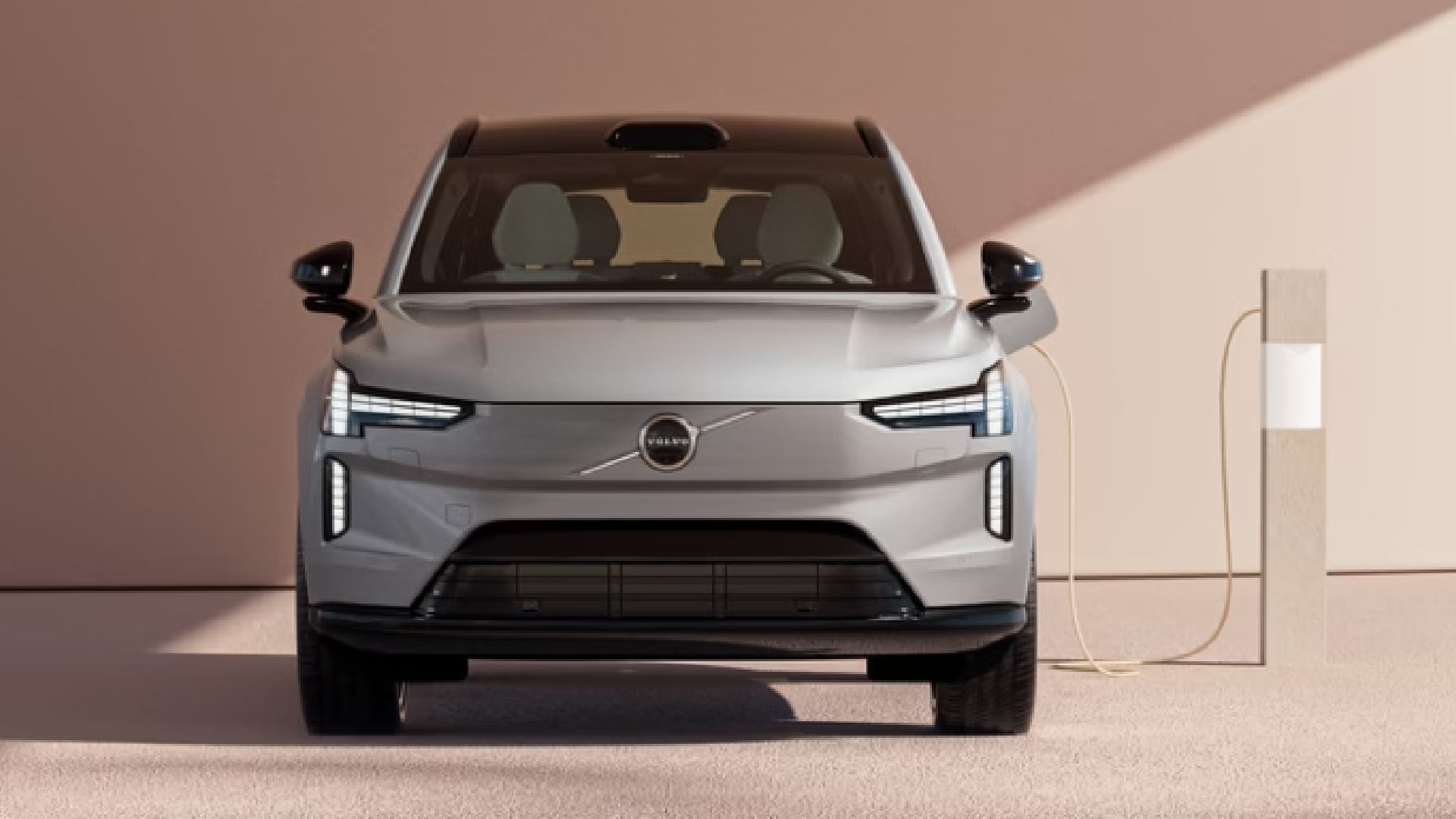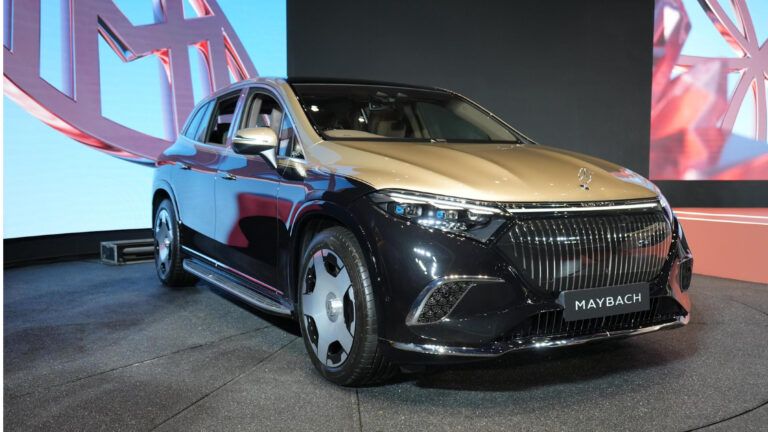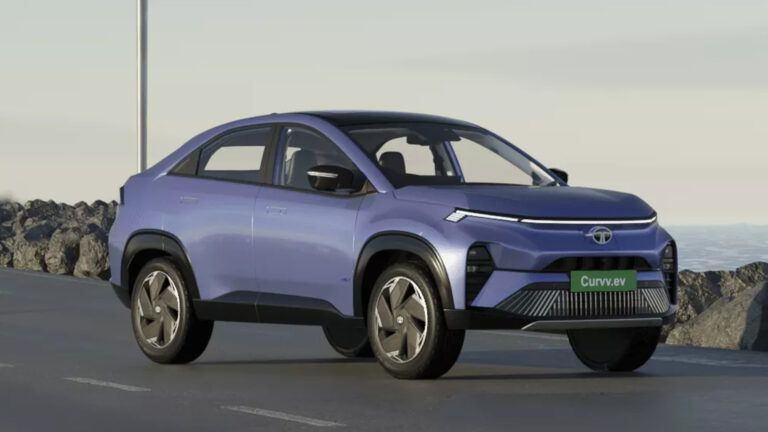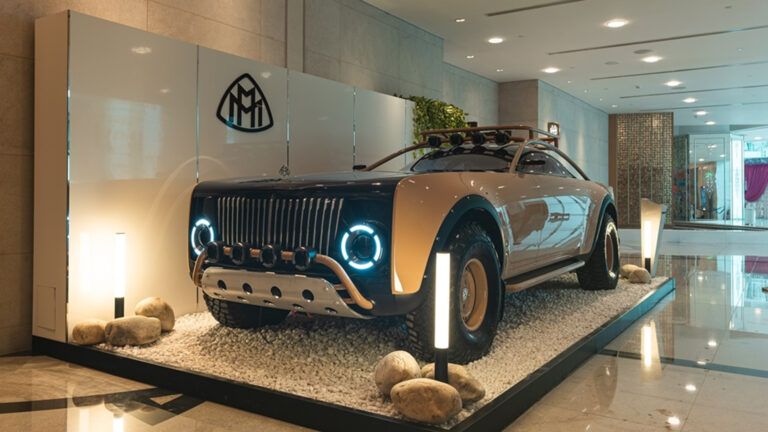Those familiar with the name Volvo are instantly reminded of a world-class car that stands at the intersection of cutting-edge design and premium comfort. However, what most of us might not necessarily be aware of is the importance of electric cars to the brand. The renowned Scandinavian carmaker has a deep history with the concept of EVs.
It is only when one delves into the past that one can appreciate how fully committed Volvo is to the realm of electric vehicles. It was back in 1976 when Volvo began emphasising the need to charge electric vehicles through climate-neutral electricity.
Furthermore, it was in that same year that Elbil (which literally translates to EV in Swedish) was launched with partial financing provided by Televerket, a telecom firm.
As of date, the maker of sophisticated cars has unveiled no fewer than three electric vehicles in the Indian market, a space extremely relevant to the company.
At present, one can find the XC 40 recharge, the C40 recharge (born electric) and the single motor XC 40 recharge. India is, of course, the market where inside the first week of June, the brand delivered 1,000 electric cars.
Perhaps this sufficiently explains why Volvo is banking upon EVs as its long-term strategy.
Recently, Mr. Martin Persson, the head of the APAC region (sans China) reiterated the firm’s commitment to an all-electric future. Deriving optimism from the fact that inside the first quarter (2024-25), over 27,000 EVs were sold in India, the revered executive emphasised that Electric Vehicles are Volvo’s future.
A sense of optimism about the Indian market
Emphasising that EVs being the company’s future strategy in the market is one hundred per cent the truth, Mr Persson shared some fine insights.
“Yes, there is a bit of plateauing in electric car sales. We were expecting this development. There was a strong uptake in the beginning. Then we might have a slower pace of growth. Then it will increase again. This pattern will look similar in almost any market.”
He alluded to the fact that this was the mantra to drive growth and sales in the Indian region. At the same time, the bespectacled European executive also underlined a current challenge for the company.
He shared that the carmaker is currently taking time to get in sync with the competitive market space.
Here lies a question.
Just what is Volvo’s current hold on the luxury car market in India?
It is important to note that the Swedish legend holds a seven per cent share in the luxury car segment.
This is the space that the noted brand is hoping to extract a lot out of. That is for the simple reason that last year, the luxury car segment saw sales of 45,000 units.
If that is not an encouraging sign, then what is?
Furthermore, Mr Persson also highlighted another fact as to why electric vehicles continue to find Volvo’s increased focus.
Electric vehicles constitute nearly a fourth of the total car sales from the brand’s stable.
Here is something that will interest EV lovers and followers of the space
Despite a bit of up and down when it comes to EVs, which is nearly true for any vastly competitive market, there is reason to believe the space will yield positives for those invested in the long run.
This is why Volvo in its plans to go fully electric by the year 2030 is strongly focused on the Indian market.
Using the phrase ‘committed’, Mr Persson highlighted the fact that even though great sales numbers may not immediately come to the band, the potential of the market is ‘big’.
It is noteworthy that Volvo is also planning to invest in its dealer network in India in the near future. Having said that, it is also keen to make the most of a market that could generate maximum growth in all of Asia Pacific region.








